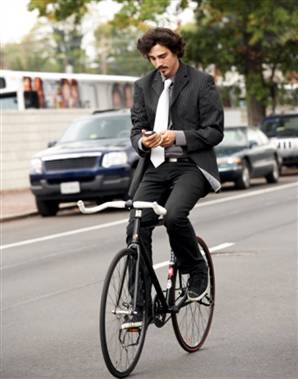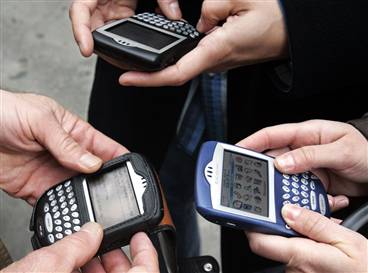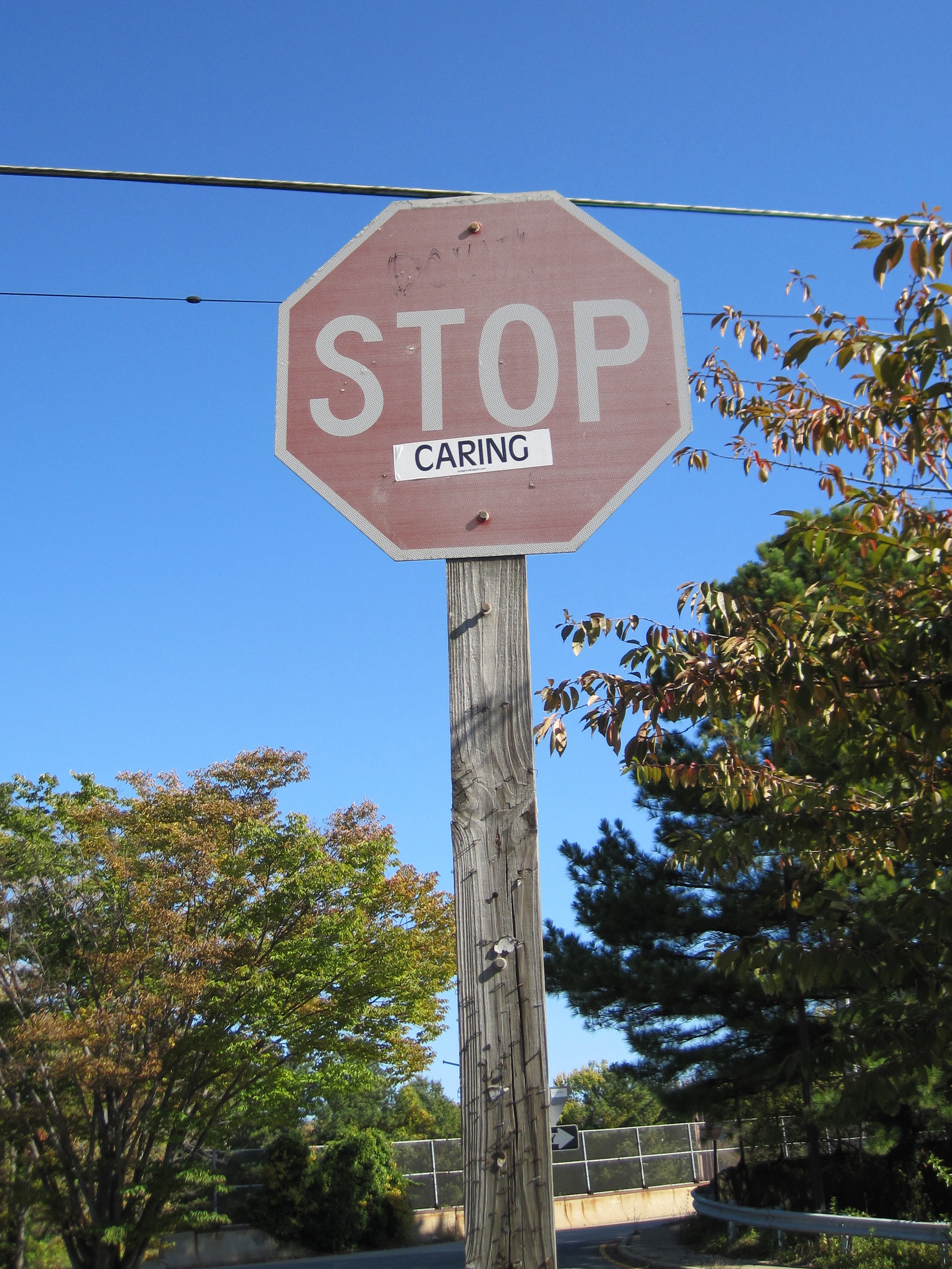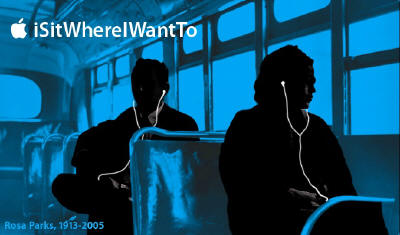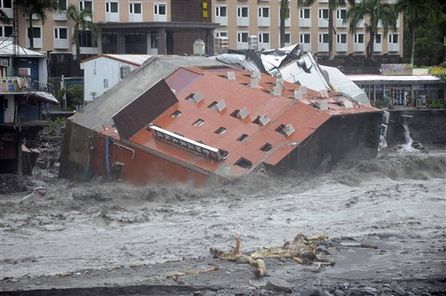|
|
- On May 11, 2010 at 2:45 GMT 22,054,232 peope were skyping to one another (Source: www.aytech.com/skypestatistics)
- Skype is the largest international voice carrier (Source: Network World, 25 March, 2009)
- "We have seen an increase in the past few days in terms of video-calling because of the situation," a Skype spokesman told AFP on Monday (Source: The Swedish Wire, 20 April, 2010)
- Sent vouchers to every Skype user already registered in Haiti � enough to make an hour�s worth of calls to the U.S (Source: ComputerWorld, January 19, 2010)
|

(Image source: www.skype.com) |

|
- 48,278,465 unique visitors in March, 2010 (Source: Steamanalytics)
- Craigslist, after Katrina, became a forum for finding the missing and housing (Source: Christoper Lydon podcast, 07 September, 2005)
- Craigslist provided a list of recommended charitable relief organizations ater the Haiti earthquake
|
Couches available for travelers stranded by volcano (Bushwick, near JFK off the J, M trains)
Date: 2010-04-17, 2:32PM EDT
If you are a traveler and have been stranded by the volcano � [We have] three couches and plenty of floor space available within close proximity to the airport. No money necessary, we just ask for quiet, reasonable people who don't have too many belongings.
We are a collective of artists living in the Brooklyn neighborhood of Bushwick, only about a half an hour from JFK off the J or M train lines and a number of busses. We are friendly, interesting people and are always willing to help out others if the need is there. We are travelers ourselves, and know what it's like to be stranded in foreign lands � Thanks and merry travels to you! (Source Craiglist.org)
|

|
- More than 400 million active users (Source: Facebook)
- About 70% of Facebook users are outside the United States (Source: Facebook)
- hundreds of thousands of people signed up to awareness groups, such as Earthquake Haiti, which offers a link to Oxfam's Haiti relief fund.(Source: BBC)
". . . My cousin named Samoa, in Modesto, Calif., contacted me on
Facebook to ask if I would pick up Opi, his 64-year-old father, who lives
on the mountain above the coastal village of Leone, and bring him to my
house. So I loaded the children into the car and drove over there. But Opi
could not think of leaving his beloved Leone. I listened intently as he
told the story of his day." Excerpted from"The Day of the Tsunami." b Sia Figiel, New York Times, October
1, 2009, page A27.
|

|



